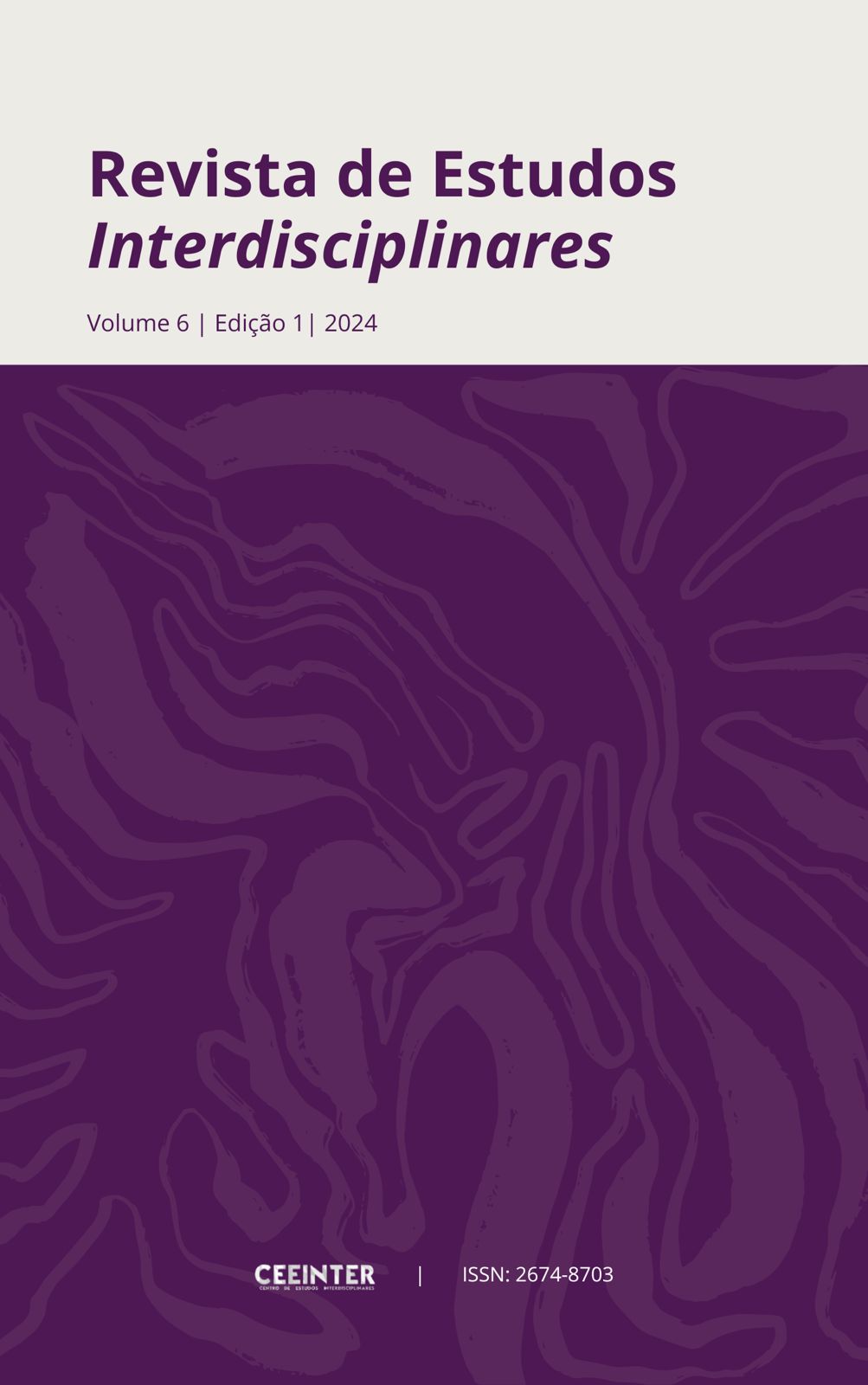O NADA E O NADA
O EMBATE ENTRE JOGADOR/A E JOGO A PARTIR DE JEAN-PAUL SARTRE
Visualizações: 181DOI:
https://doi.org/10.56579/rei.v6i2.975Keywords:
Game, For-itself, Jean-Paul Sartre, Authenticity, RevoltAbstract
Jean-Paul Sartre constructs his theory with very dear themes: existentialism and freedom. For him, the objects of the world are considered as In-itself, as they are laden with matter. Human beings are the For-itself, since they are constituted by a void, they are nothingness in search of contemplation, and for this, they relate to objects of the world in whatever way they wish, because, according to him, man is condemned to be free. In this way, he states that in the game, freedom finds a comfortable place to emerge. From this, the article seeks to consider the conceptualizations about the game in literature with Sartrean theories. Thus, the interest is to approach the idea of the game to Sartre's For-itself, understanding that, while the For-itself seeks the objects of the world, the game depends on the actions of the players to constitute itself. Players who, in terms of Sartrean freedom, can approach bad faith (escape from freedom) or authenticity (maximum expression of their desires), however, considering the needs of the game, the most coherent manifestation shows itself to be revolt as defined by Albert Camus, understanding that action must be based on the subject, but within ethical limits.
Downloads
References
BORNHEIM, Gerd. Sartre. Metafísica e Existencialismo. São Paulo: Ed. Perspectiva. 1971.
CAMUS, Albert. O homem revoltado. Rio de Janeiro: Record, 2018.
CERBONE, David. Fenomenologia. Petrópolis: Vozes, 2013.
COX, Gary. Compreender Sartre. Petrópolis: Vozes, 2007.
FREIRE, João Batista. Jogo: entre o riso e o choro. Campinas: Autores Associados, 2002.
LEONARDO, Lucas; SCAGLIA, Alcides José. “Temos que devolver o jogo ao(à) jogador(a)”: as dimensões éticas e morais da pedagogia dos esportes coletivos a partir de abordagens baseadas no jogo. Movimento, [S. l.], v. 28, n. 1, p. 1–21, 2022. DOI: 10.22456/1982-8918.119990. DOI: https://doi.org/10.22456/1982-8918.119990
SANDOVAL, Gabriel Orenga; LEONARDO, Lucas; SILVA, Luis Felipe Nogueira; SCAGLIA, Alcides José. A ética da revolta de Albert Camus e o ato de jogar : aproximações teórico-filosóficas com a atuação do jogador no fenômeno “jogo”. Cuadernos de Filosofía Latinoamericano, [S. l.], v. 44, n. 129, 2023. DOI: https://doi.org/10.15332/25005375.7672
SARTRE, Jean-Paul. Reflexões sobre o racismo. São Paulo: Difusão Européia do Livro, 1965.
SARTRE, Jean-Paul. Diário de uma guerra estranha. São Paulo: Circulo do Livro. 1983.
SARTRE. Jean-Paul. O ser e o nada – ensaio de ontologia fenomenológica. Petrópolis, RJ: Vozes, 2015.
SCAGLIA, Alcides José. O futebol e as brincadeiras de bola com os pés. São Paulo: Phorte, 2011.
SCAGLIA, Alcides José. Pedagogia do Jogo: O processo organizacional dos Jogos Esportivos Coletivos enquanto modelo metodológico para o ensino. Journal of Curriculum Studies, [S. l.], v. 49, n. 2, p. 27–38, 2017. DOI: 10.1080/00220272.2016.1149223. DOI: https://doi.org/10.5628/rpcd.17.S1A.27
SCHILLER, Friedrich. A educação estética do homem: numa série de cartas. São Paulo: Iluminuras, 1995.
SILVA, Franklin Leopoldo e. Ética e literatura em Sartre: ensaios introdutórios. São Paulo: UNESP. 2004.
Downloads
Published
How to Cite
Issue
Section
License
Copyright (c) 2024 Interdisciplinary Studies Journal

This work is licensed under a Creative Commons Attribution 4.0 International License.
The Journal of Interdisciplinary Studies adopts the Creative Commons Attribution 4.0 International License (CC BY 4.0), which allows for sharing and adapting the work, including for commercial purposes, provided proper attribution is given and the original publication in this journal is acknowledged.













